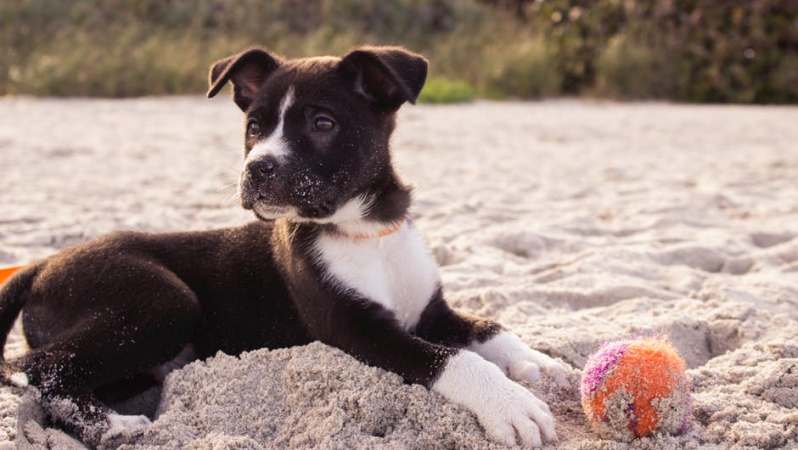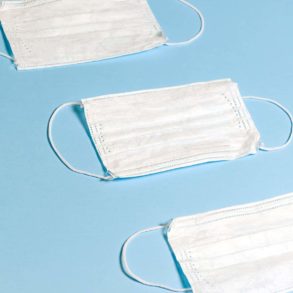June 22 (CTK) – The Czech Republic, with its 100 illegal puppy mills that smuggle 50,000 dogs abroad a year, is an infamous leader in this respect, and the state plans a tough crackdown on these businesses, daily Mlada fronta Dnes (MfD) writes today.
Czech laws have been helpless in face of the mushrooming facilities that breed dogs in inadmissible conditions to sell them advantageously abroad for what foreign clients consider attractive low prices, MfD writes.
As a result, a number of puppy mills operate in the country, most of them in the border regions, where also most illegal pervitin (methamphetamine) and marijuana labs are situated, the daily writes, citing activists.
According to German animal protection foundations, the raising of a puppy costs 50 euros. Dog dealers sell puppies for up to 1,000 euros apiece.
An estimated 50,000 puppies “flow” abroad, mainly to Germany, Austria and Belgium, every year. This means illegal revenues worth 1.5 billion crowns, from which no one pays taxes, MfD writes.
The German Vier Pfoten foundation has been monitoring the Czech puppy mills’ practices. It says the bitches are stuffed with hormones, have puppies up to three times a year and the animals live in horrible conditions.
The mills’ operators even use dogs that are ill, have congenital defects or are each other’s relatives for breeding, the activists said.
However, they face only minimum sanctions for their unlawful business. Czech law does not know the “puppy mill” term, and the only reason for vets to intervene are the animals’ unsuitable living conditions, the daily writes.
The dealers smuggle animals to other EU countries without any documents, chips or vaccination, it writes.
German police and the veterinary authority say the business is quite simple: in the Czech Republic, the mill operators raise the dog breeds that are currently most demanded. Dealers take them to storage facilities abroad, where further dealers seek potential buyers, MfD writes.
The Czech state veterinary administration wants to toughen the checks of animal breeding facilities. In the current hot weather, it is going to check whether the animals have enough water.
Furthermore, it has newly focused on dog shipments coming to the Czech Republic from Romania. It has already uncovered the first organisation presenting false addresses of the puppy recipients. It is not clear what the puppies’ real destination is, the daily writes, adding that rabies is widespread in Romania and Czech vets fear that it might spread in the Czech Republic as a result of the unlawful dog import.
Every exported animal must have documents that are also available in the European Traces system. For violating the animal transfer rules, an individual and a company might be fined up to 20,000 and one million crowns, respectively, the Czech veterinary authority’s director Zbynek Semerad told the daily.
The Agriculture Ministry is preparing an amendment to the veterinary law toughening the conditions of dog breeding, the paper adds.
As an example of the inadmissible practices it mentions the case of south Bohemian vet Radim Holovsky, whose car the German police recently halted for a road check near Nuremberg. When opening the car trunk, the police found five plastic cases with 42 puppies of various breeds, including one-month-old ones.
The shipment was heading for Belgium. “The dogs had neither water nor feed. They suffered from parasites, ear and eye inflammations,” the paper quotes Tanja Schnabel, from the Nuremberg dog shelter that took over the animals, as saying.
Holovsky smuggled the animals though he was previously caught smuggling a similar shipment in Germany in 2013. At the time, he smuggled 73 puppies, 23 of which later died of parvovirosis.
The Germans fined him 10,000 euro then, MfD writes.
In 2006, a Czech court imposed a three-year suspended sentence on Holovsky for having sold protected birds, which other men stole from nests across the country, to Belgium, the paper writes.
($1=23.565 crowns)
rtj/t/hol
Copyright 2017 by the Czech News Agency (ČTK). All rights reserved.
Copying, dissemination or other publication of this article or parts thereof without the prior written consent of ČTK is expressly forbidden. BrnoDaily is not responsible for its content.
Title picture: Pixabay.com








